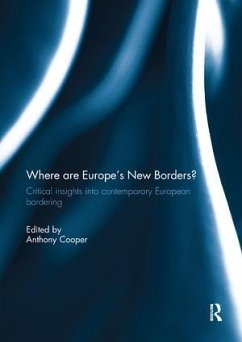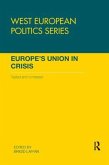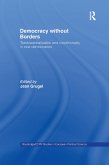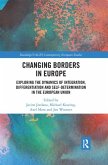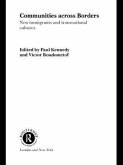Europe's borders have always been historically ambiguous and dynamic, whereby borders shift and change character and new borders replace older ones. By focusing upon the title question 'where are Europe's new borders', this volume looks at the present state of European bordering and questions the often taken for granted relationships between borders, borderers and the bordered. While each chapter concentrates on a different (but overlapping) border issue or perspective, they are united through their focus on the level of everyday bordering practices and experiences, as well as the meaning that borders have upon all stakeholders and the relationships between them. To talk about border meaning (including the perspective of the researchers themselves), and how that meaning continually (re)creates and is (re)created by bordering practices, is to critically question where important borders lie, why and for whom do they matter and how are they imposed, maintained and resisted. As a result the chapters engage with issues of border violence, the power of maps and symbols (carto-politics), migrant mobility, gender and the rise of the far right in Europe. Taken together this edited collection will be of interest to border scholars as well as students of European politics more generally. This book was previously published as a special issue of the Journal of Contemporary European Studies.
Bitte wählen Sie Ihr Anliegen aus.
Rechnungen
Retourenschein anfordern
Bestellstatus
Storno

